
Table of Contents
About 2 percent of children are allergic to egg protein. Their body’s immune systems are sensitized against these proteins thereby producing chemicals in defense. This reaction can produce mild symptoms like skin rashes but rarely may progress to more severe and deadly consequences like anaphylaxis.
A study carried out in Australia has found allergy to egg proteins occurs more in children with lower levels of Vitamin D but less in those with normal Vitamin D levels. These allergic reactions are caused by the chemicals produced by the body’s immunity. Another study shows about 8 to 58% of children allergic to cow milk also show allergies to egg proteins.
The clinical symptoms start within a few minutes or hours after eating eggs or foods with egg proteins as ingredients. Studies show about 70% of children outgrow the allergy according to the American College of Allergy, Asthma, and Immunology but for a few kids, it becomes a lifelong health problem.
Not only children, but some adults too are allergic to egg protein. A fraction of adults that exhibit the allergy is as a result of the persistence of a trend from childhood whereas others are of sudden and unexpected onset. One such case has been reported in the National Library of Medicine (NLM).1
In previous articles, we discussed how much protein eggs contain and how much of these proteins your body can absorb. This article will bring to the fore the causes, diagnosis, symptoms, treatment, and prevention of allergy to egg proteins in adults and children.
Causes and diagnosis.
On a general note, three main egg proteins cause or trigger allergic reactions. The components of the immune system that initiate these reactions are broadly grouped in two with the IgE antibodies being involved in more serious allergies.
Causes.
Egg allergy occurs when your body’s immune system takes certain proteins in eggs to be harmful. Once any of these proteins are identified, your body’s immune system releases histamines and some other chemicals that trigger allergic symptoms.
The proteins the body reacts to can be found in egg yolk or egg white though allergic reactions to proteins in egg whites are more common. Three types of egg proteins have been identified to be responsible as contained in the National Library of Medicine(NLM).2 One is found in the yolk and the other two in egg white thus.
- Egg yolk protein: Gal d 5 (Alpha-livetin).
- Egg white protein: Gal d 2 (Ovalbumin), and Gal d 1 (ovomucoid).
According to research, Gal d 1 (ovomucoid) is the dominant allergen in a hen’s egg white even though the Gal d 2 is considerably the more abundant protein.
Two types of allergic reactions to egg protein have also been described. These are:
- IgE-mediated allergy: They are caused by the IgE allergy antibodies and the reaction occurs within minutes of ingestion of eggs or egg products. The associated symptoms may start with vomiting, hives, and wheezing, but can take more serious life-threatening reactions like anaphylaxis with dyspnea and hypotension as seen in a case report.3
- Non-IgE mediated allergies: These are caused by other components of the immune system other than the IgE antibodies. Symptoms associated with this type don’t occur immediately after eating eggs or egg products and they are usually restricted to discomforts in the gastrointestinal tracts like stomach pain, diarrhea, nausea, watery or red eyes, runny nose, and vomiting.
Do keep in touch by signing up for our newsletter:
Diagnosis.
Diagnosis of food allergy is not a simple procedure as it involves a combination of several criteria such as:
- Physical examination,
- Test results.
- Clinical symptoms,
- Medical history, and
- Family history.
Symptoms of egg allergy are similar to what you would expect from many other diseases and infections. Secondly, adult-onset egg allergies may not have any associated medical history but there may be a family history. None of the above listed factors is solely enough for a confirmation of egg allergy so the diagnosis has to be made by putting all factors into consideration.
There are a couple of tests done to help diagnose egg allergy, these include the following:
- Oral food challenge test: You are given small amounts of eggs to eat to see if symptoms develop.
- Food elimination test: Eggs are removed or eliminated from your diet to see if symptoms stop and then added to check if they return.
- Skin-prick test: A small amount of egg white or yolk is placed on your skin. The spot it is placed is then pricked to allow the substance to seep into your skin. Allergy is suspected if a raised or reddish spot is formed between 15 – 20 minutes according to the American College of Allergy, Asthma, and Immunology (ACAAI). This test can also determine if you are allergic to the yolk or egg white.
- Blood test: This procedure involves a laboratory test of a sample of your blood to check for the presence of Immunoglobulin E antibodies to the proteins in eggs.
Tests like the oral food challenge are usually done in a food challenge center or an allergist’s office with emergency equipment, drugs, and well-trained medical personnel. This is owing to the possibility of encountering life-threatening allergic reactions like anaphylaxis.
Controlled exposure tests are used as the gold standard to confirm diagnosis of allergy to egg proteins. (source)4
Egg allergy as an adult.
Egg allergy in adults is rare with a prevalence of about 0.6% in the US and has been reported by the National Institute of Health (NIH). It may occur in the following scenarios:
- Persistent egg allergy from childhood that didn’t resolve.
- Adults with a history of allergy or intolerance to other food substances.
- Sudden onset in adults with no history of allergy to eggs or other types of food.
A sudden onset egg allergy in adults may be caused by drugs, stress, intestinal disorders, or an alteration in intestinal microbes. Symptoms may include red and watery eyes, swollen lips and eyelids, etc.
Egg allergy symptoms.
Egg allergy symptoms vary among individuals such that you may only feel some of the known symptoms. Additionally, the severity of symptoms also varies. You may feel only the milder symptoms most of the time but the next one may turn out to be severe and life threatening.
For this reason, you need to report any allergic reactions to eggs no matter how trivial it may seem.
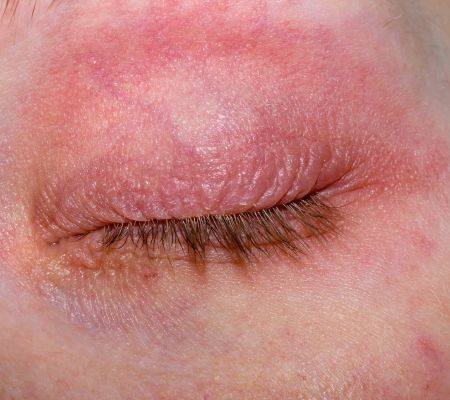
Symptoms.
Some symptoms of egg allergy are similar to what happens if you intake too much protein as discussed in a previous article you may want to read. General symptoms that have been associated with egg allergies include:
- Allergic rhinitis (nasal congestion, runny nose, itching, and sneezing),
- Indigestion,
- Stomach pain, nausea, and vomiting,
- Skin inflammation or swelling, hives, eczema, and rashes,
- Swollen eyelids, plus red or watery eyes.
- Anaphylaxis: Presents with wheezing and dyspnea, tightness of chest, high pulse rate, hypotension, confusion, dizziness, and unconsciousness.
Symptoms in adults.
Symptoms that have been reported in adult egg allergy include:
- Itchy throat, ears, and eyes,
- Red and watery eyes,
- Lip swelling,
- Swelling of eyelid.
You may not feel all of these symptoms as reactions vary among individuals.
Delayed egg allergy symptoms.
Delayed egg allergy symptoms are those usually not mediated by the immunoglobulin E antibodies as described earlier in this article. These symptoms are caused by other components of the immune system and may appear hours or days after the ingestion of eggs or egg products. They are usually not life-threatening and may include:
- Constipation,
- Diarrhea,
- Abdominal pain,
- Difficulty swallowing,
- Indigestion and bloating.
Egg allergy treatment.
The best way of tackling egg protein allergy is to avoid eggs and egg products. Though there are people who only have allergic reactions to eggs but not foods containing eggs you can’t bank on this as you never know which of the products may prove hazardous.
Children with egg allergy usually outgrow it within their first 15 – 16 years of life such that by the age of 16 they may no longer show symptoms. Where this doesn’t happen, a child may be given oral immunotherapy for food desensitization.
Antihistamines can relieve the symptoms of mild allergy to eggs but adrenaline (epinephrine) in an autoinjector is a better choice for life-threatening symptoms like anaphylaxis. The autoinjectors are to be carried with you at all times especially where you may eventually eat something. There are three types of these autoinjectors:
- Epipen,
- Emerade, and
- Jext.
Even after the administration of adrenaline, you are advised to see your healthcare provider or get to the nearest hospital as symptoms may still reoccur after initially subsiding.
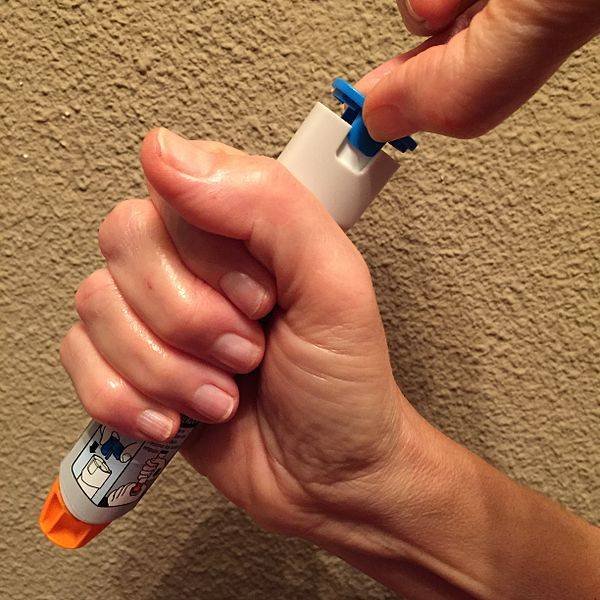
Treatment at home.
Allergic reactions to egg protein, just like other food allergies, are systemic reactions that require palliative and preventive interventions.
Palliative interventions.
This is designed to relieve your symptoms during a reaction. There are two palliative interventions depending on the severity of the reaction.
- Antihistamines: They are better at handling mild allergic reactions to egg proteins. You may find the non-drowsy antihistamines preferable.
- Epinephrine/adrenaline: This becomes necessary during a severe reaction as described in the section above. The use of autoinjectors makes self-administration easier however, you must go see your allergist after a severe reaction as the reaction may reoccur.
Preventive intervention.
This is by far the best intervention. Don’t buy eggs or products with egg protein as part of the ingredients. Even if you are the only one with egg protein allergy at home, family members may want to avoid getting eggs or products containing eggs into the house if you show severe allergic reactions to egg proteins.
This is necessary because utensils that have been used on eggs or egg products may trigger allergic reactions in you if used accidentally before they are washed. Keeping eggs or the products away from the home is a sacrifice family members may have to make. They can always eat out when they want to enjoy some eggs.
Preventive intervention also involves reading food labels and being extremely careful with your orders when eating out. Informing your colleagues at work about your allergy and how they might help in case of an emergency is part of an effective preventive or treatment measure.
Nursing mothers with babies with proven allergies should avoid eggs while breastfeeding. Informing your child’s caregivers, teachers, and babysitters about the allergy is also very crucial as a preventive measure.
The use of medical alert allergy bracelets or necklaces is also a means of spreading the information. You may find them in drug stores.
Treatment for Adults.
Treatment of egg allergy for adults is exactly as described in the section above. As an adult, you are in a position to better understand the importance of abstaining from eggs and products containing egg proteins.
It’s also important you keep your medications within easy reach at all times, especially the autoinjectors. This simple practice may be life-saving as mistakes can happen spontaneously and the next reaction may be severe.
So that’s it on this topic. kindly drop any questions or comments you may have in the section below and see you on the next topic.
References.
- Unsel M, Sin AZ, Ardeniz O, Erdem N, Ersoy R, Gulbahar O, Mete N, Kokuludağ A. New onset egg allergy in an adult. J Investig Allergol Clin Immunol. 2007;17(1):55-8. PMID: 17323866. ↩︎
- Mathew P, Pfleghaar JL. Egg Allergy. [Updated 2023 Jul 4]. In: StatPearls [Internet]. Treasure Island (FL): StatPearls Publishing; 2024 Jan-. Available from: https://www.ncbi.nlm.nih.gov/books/NBK538192/ ↩︎
- Cremonte, E.M., Galdi, E., Roncallo, C. et al. Adult onset egg allergy: a case report. Clin Mol Allergy 19, 17 (2021). https://doi.org/10.1186/s12948-021-00156-7 ↩︎
- A. Martorell, E. Alonso, J. Boné, L. Echeverría, M.C. López, F. Martín, S. Nevot, A.M. Plaza, Food allergy committee of SEICAP. (2013). Position document: IgE-mediated allergy to egg protein. Allergologia et Immunopathologia. Vol. 41. Issue 5.pages 320-336 DOI: 10.1016/j.aller.2013.03.005 ↩︎







































































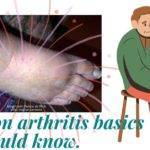
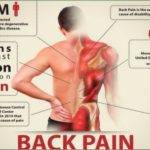


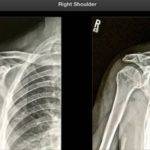



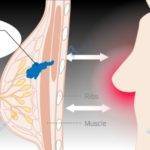
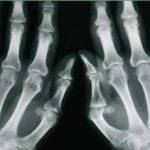
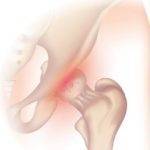






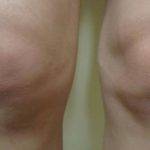

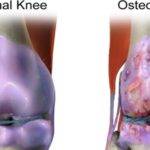
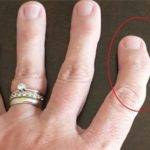
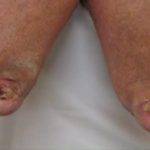
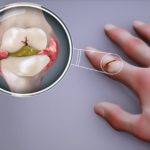












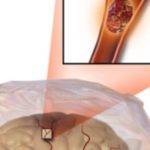
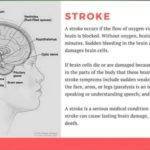
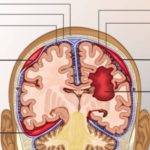
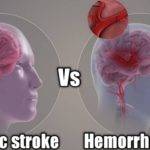
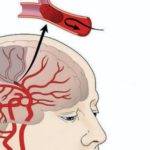













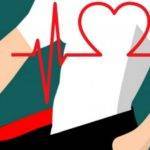
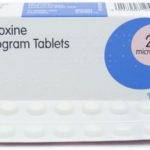












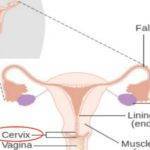
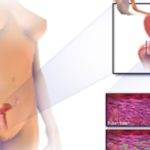
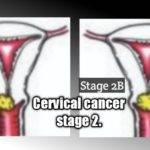
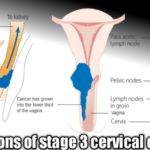
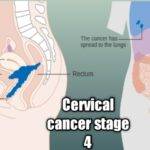
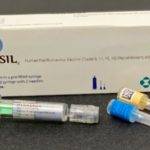


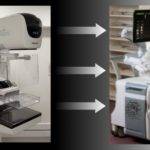


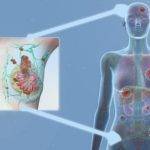

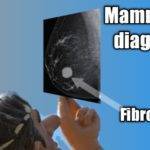
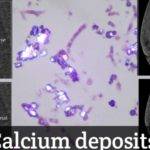

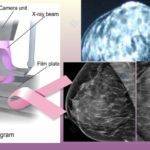




Some really excellent articles on this website , thanks for the contribution.
You are in reality very good at what you do. The website’s loading speed is pretty amazing. It’s so fast that it sort of feels you are doing a distinctive trick. Also The contents are masterworks and you have done a fantastic job on this topic.
I’d always want to be updated on new blog posts on this site, saved to fav! .